2 August 2021
Around the world over 40 million people are enslaved in forced labour, sexual exploitation, domestic servitude and forced marriage. Women and girls are disproportionally affected by forced labour, accounting for 99% of victims in the commercial sex industry and 58% in other forms of modern slavery.[i] Modern slavery occurs around the World, but the Asia Pacific region generates a third of the $150 billion in profit made from forced labour as stated by the International Labour Organization in their most recent Global Estimates of Modern Slavery report (the report).
Many organisations are now either voluntarily or by mandate undertaking assessment of their operations to understand the risk their operations could cause through unknown participation in forced labour in the supply chains, and enact effective business responses to modern slavery.
In 2021 NDY [a Tetra Tech Company] (NDY) prepared its first group-wide Modern Slavery Statement, undertaking assessment of their own supply chain using an industry-based supply chain screening. The top-down approach includes interrogation of the inherent social risks in each industry using an economic input-output model (Socially Extended Input-Output (SEIO) mhttps://ndy.com/wp-content/uploads/2021/08/Norman-Disney-and-Young-MS-Statement-Jun-2021-vFINAL.pdfodel) to estimate social risks in the supply chain. The input-output matrix evaluates the linkage between monetary flows – such as supply chain flows – and social risks. This allows an assessment of the whole supply chain, considering risks beyond the supply chain’s first tier (direct suppliers).
“The supply chain screening is an important tool as it gives us a holistic view of geographical and sector-based risks beyond our tier-one suppliers.” Says Claudia Burbidge, part of NDY’s sustainability team who developed their Modern Slavery Statement.
“For NDY, these hotspots include administrative labour and CAD design, business services, transport such as airlines, and recruitment. Using the results of this screening process we are able to narrow down the risks by engaging with our direct suppliers through an industry-recognised Modern Slavery platform. We consider this level of engagement and collaboration with our suppliers as a necessary step. It allows us to understand the nature of any present risks, and work with our suppliers to respond in a meaningful way.”
Understanding an organisation’s potential risk exposure to modern slavery is just one facet of addressing and preventing modern slavery. Once risk industries are understood organisations can minimise exposure and put in place protocols to ensure modern slavery does not exist in their supply chain. However, the problem will still remain whilst the communities from which modern slaves come encounter many of the drivers of modern slavery including poverty and lack of education.
Recognising the need to prevent the root causes of modern slavery, NDY through the NDY Charitable Trust, has supported the slavery prevention work of Hope for Justice in Cambodia with an AU$10,000 donation.
Hope for Justice is unique for an NGO in its four pillar approach to ending modern slavery through: 1. Preventing exploitation; 2. Rescuing victims; 3. Restoring lives and 4. Reforming society.
Their Prevention program, which has been proven effective through deployment in Ethiopia and Uganda, will now be deployed in Cambodia where the organization found that the majority of children assisted through their Rescue and Restoration programs had originally come from just two provinces in the South of Cambodia.
Hope for Justice will deploy their Self-Help Group model in the region. This approach helps avoid family breakdown, a major risk factor in child trafficking. Self-help groups economically empower and financially educate women and families to meet their basic short-term needs and cope to shocks to their livelihoods. In the longer-term women involved in the groups become economically secure and are better able to provide for their families’ needs. The groups also provide education on child protection and anti-trafficking. The overall impact is strong families and communities who are able to protect and care for their children and prevent family separation.
Lynn Kay, Australia Director for Hope for Justice noted that for many NGOs prevention of modern slavery is difficult to implement because “the structural drivers behind child trafficking require a long term approach. In our work we’ve found that for us to be successful in a community we first need to embed ourselves within those communities to understand what is driving family separation and parents making difficult decisions about the future of their children.
“Once we think we understand what those drivers are, and they could be many things, including extreme poverty, we can go about establishing programs to address the root causes that can make families vulnerable to the tactics employed by people smugglers, such as offering support for their children with good jobs in the city, when in reality these children are being sent into forced labour or sexual exploitation.
“We work together with the communities, to develop a strategy to address these structural issues and empower family matriarchs to work together to build resilience within their villages so that they are able to buffer themselves against sudden economic shocks.”
This approach from Hope for Justice is proven through their work in Ethiopia and Uganda where prevention programs can span up to five years within a community. Ultimately though, Hope for Justice’s aim in each community is to establish prevention programs and then empower the local community to maintain and expand them. The number of women and children who avoid being impacted by modern slavery is difficult to quantify, however in communities where the program has been implemented Lynn sees a shift in mindset towards children in particular, “In some communities we found that children were viewed as assets for the family to be drawn upon in difficult times. It could be that a child is sent to the city to work as a domestic servant in order to support the family financially. Once we work with communities we see that attitude change. Families begin to understand that there is great pride in being able to care for their own children. Our prevention program empowers families and communities to do this.”
[i] Source: International Labour Organization http://www.ilo.org/global/topics/forced-labour/lang–en/index.htm
About Hope For Justice
Hope for Justice exists to bring an end to modern slavery through preventing exploitation, rescuing victims, restoring lives and reforming society. We work across five continents in over 30 locations implementing a proven, multi-disciplinary model based on years of combined experience. The model is replicable and scalable in different contexts. The charity has directly rescued more than 800 victims of modern slavery and assisted in the rescue of many others. Last year, Hope for Justice reached more than 100,000 children globally through outreach and community education initiatives designed to prevent human trafficking. During the same time period, the charity reintegrated more than 1,000 children back to their families or to safe family-based care and over 5,400 women were empowered socially and economically to care for their children.
For further information visit www.hopeforjustice.org or contact: [email protected]
About Slave Free Alliance
Hope for Justice owns and runs an innovative social enterprise, Slave-Free Alliance, which provides services to businesses seeking to protect their operations and supply chains from modern slavery. This initiative was founded in the UK but has recently been launched here in Australia. We apply knowledge and expertise gained from our interventions across the globe to strengthen businesses’ responses to this complex problem. Recognising that ending modern slavery will take comprehensive and integrated responses, Slave-Free Alliance also fosters collaboration within and between industry sectors.
For further information visit www.slavefreealliance.org contact: [email protected]









